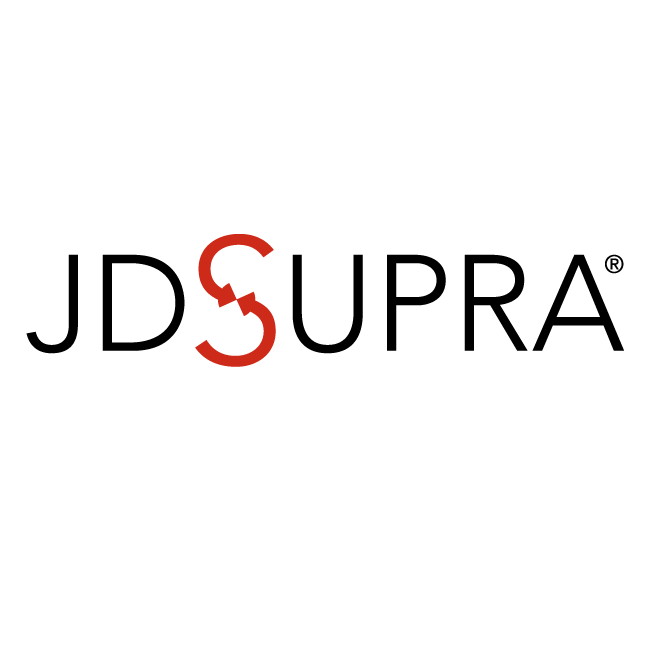BSA, FinCEN, Treasury and IRS Want to Know: Who is the Ultimate Beneficial Owner (UBO)? – JD Supra.
There seems to be a convergence by the Financial Crimes Enforcement Networks (FinCEN), the Treasury Department and the IRS for determining “who is the UBO” of entities. The U.S. Government is determined to enforce financial transparency and combat the misuse of companies through engaging in illicit activities.
To accomplish the goal of enhanced financial transparency and combat misuse of entities, these U.S. Government Agencies have issued regulations requiring financial institutions and others to provide an answer to “who is actually the UBO”:
FinCEN, through the Bank Secrecy Act (BSA), issued its Customer Due Diligence Rule (CDD Rule) (taking effect May, 2018) requiring Covered Financial Institutions to obtain, verify, and record a 25% or more UBO ownership interest in an entity. The CDD Rule, also known as the Fifth Pillar of Anti Money Laundering and Counter Terrorist Financing (AML/CFT), makes Covered Financial Institutions responsible for detecting, monitoring and reporting suspicious money laundering activities and sharing the information with law enforcement agencies.
- The Treasury Department and IRS issued final regulations known as T.D. 9796 subjecting U.S. entities owned by foreign persons to new reporting and filing obligations. IRS requires access to certain information in order to be able to share that information with other taxing authorities around the world under tax treaties, tax information exchange agreements and international agreements. Furthermore, IRS wants to combat an existing impression in the international community regarding the “misuse” of the U.S. entity system for banking and tax haven purposes and for other illicit activities.
What does this accomplish?
This transparency push assists international financial industry/government partnerships with identifying UBOs during key events such as:
- Entity account openings at Financial Institutions.
- Entity formation.
- Transfers of entity ownership.
- Misusing the multi-faceted U.S. entity system for banking and tax haven purposes and other illicit activities by a foreign entity.
- Disguising the source of funds being deposited by a foreign entity into the U.S. banking system.
How will it be done?
The CDD Rule requires Financial Institutions to obtain the name, address, date of birth and Social Security number (or passport number or other similar information, in the case of foreign persons) of the beneficial owner(s) of entities with accounts at their institutions:
- Each individual who owns, directly or indirectly, 25 percent or more of the equity interests of
the legal entity customer (e.g., each natural person that owns 25 percent or more of the shares of a corporation).
- An individual with significant responsibility for managing the legal entity customer ( a Chief Executive Officer, Chief Financial Officer, Chief Operating Officer, Managing Member, General Partner, President, Vice President, or Treasurer).
Effective for tax years beginning on or after Jan. 1, 2017, and ending on or after Dec. 13, 2017, IRS will treat a domestic business entity with a single owner as a corporation for UBO disclosure purposes instead of an entity disregarded as separate from its owner (a “disregarded entity”). Effective 2017, disregarded entities wholly owned or controlled by a foreign person will be treated as domestic corporations for UBO disclosure purposes with reporting, record-maintenance, and other compliance requirements. These requirements include:
- Filing of IRS FORM 5472 (Information Return of a 25% Foreign-Owned U.S. Corporation or a Foreign Corporation Engaged in a U.S. Trade or Business).
- Obtaining a federal employment identification number (EIN).
So, what does all this mean?
There seems to be a studied sense that legal entities remain conduits that may be used for disguising involvement with terrorist financing, money laundering, tax evasion, corruption, fraud, and other financial crimes. The U.S. Government (and its Agencies) wants to support law enforcement with investigating and prosecuting these crimes. It signifies that:
- Foreigners who own assets in the U.S. are required to understand Form 5472 and comply with the new mandatory record-keeping requirements.
- Information collected on Foreigners could be shared with the government of their home country under certain circumstances.
A legal entity includes a Corporation, a Limited Liability Company (LLC), or another entity that is created through the filing of a public document with a Secretary of State, a General Partnership, and any similar business entity formed in the U.S. or a foreign country. Financial Institutions will be requiring certifications regarding the beneficial owners of their legal entity customers and the IRS will be collecting FORM 5472 and EINs to identify foreign shareholders. When the dust settles, will non-U.S. Persons continue making investments in U.S. Real Estate holdings? Will they restructure their asset holdings?
Don’t be a victim of your own making. If you are a Foreigner with a 25% ownership stake or control of a US legal entity, consult your U.S. tax specialist.
https://www.jdsupra.com/legalnews/bsa-fincen-treasury-and-irs-want-to-92451/


